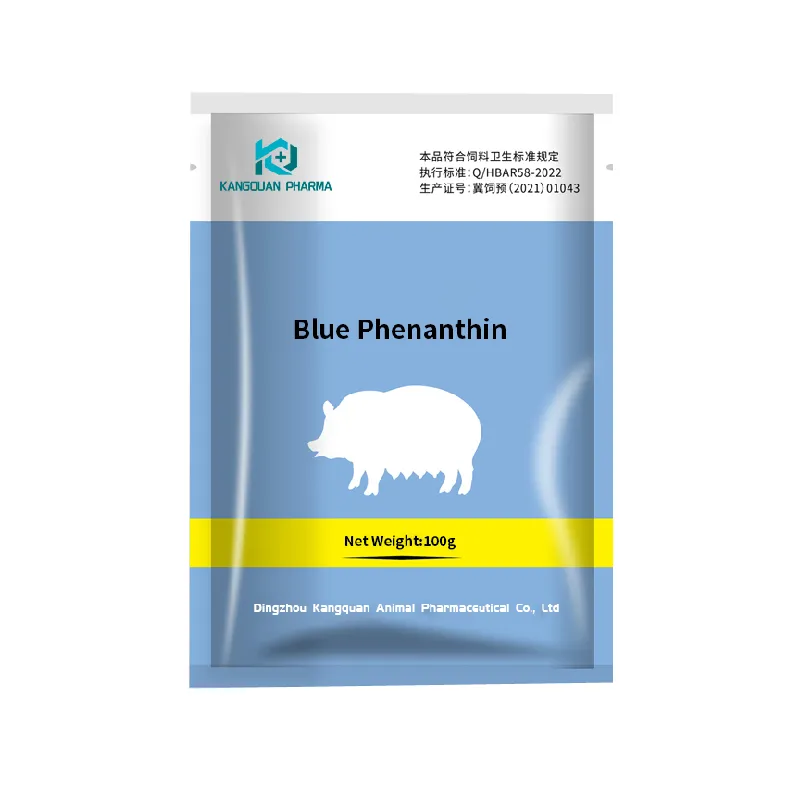- Afrikaans
- Albanian
- Amharic
- Arabic
- Armenian
- Azerbaijani
- Basque
- Belarusian
- Bengali
- Bosnian
- Bulgarian
- Catalan
- Cebuano
- Corsican
- Croatian
- Czech
- Danish
- Dutch
- English
- Esperanto
- Estonian
- Finnish
- French
- Frisian
- Galician
- Georgian
- German
- Greek
- Gujarati
- Haitian Creole
- hausa
- hawaiian
- Hebrew
- Hindi
- Miao
- Hungarian
- Icelandic
- igbo
- Indonesian
- irish
- Italian
- Japanese
- Javanese
- Kannada
- kazakh
- Khmer
- Rwandese
- Korean
- Kurdish
- Kyrgyz
- Lao
- Latin
- Latvian
- Lithuanian
- Luxembourgish
- Macedonian
- Malgashi
- Malay
- Malayalam
- Maltese
- Maori
- Marathi
- Mongolian
- Myanmar
- Nepali
- Norwegian
- Norwegian
- Occitan
- Pashto
- Persian
- Polish
- Portuguese
- Punjabi
- Romanian
- Russian
- Samoan
- Scottish Gaelic
- Serbian
- Sesotho
- Shona
- Sindhi
- Sinhala
- Slovak
- Slovenian
- Somali
- Spanish
- Sundanese
- Swahili
- Swedish
- Tagalog
- Tajik
- Tamil
- Tatar
- Telugu
- Thai
- Turkish
- Turkmen
- Ukrainian
- Urdu
- Uighur
- Uzbek
- Vietnamese
- Welsh
- Bantu
- Yiddish
- Yoruba
- Zulu
Nov . 09, 2024 14:03 Back to list
Effects and Uses of Ivermectin Injection for Horses in Veterinary Practice
Ivermectin Injection in Horses Benefits and Considerations
Ivermectin is a widely used antiparasitic medication that has proven effective in a variety of animal species, particularly in horses. This broad-spectrum drug belongs to the class of avermectins, which are derived from the bacterium *Streptomyces avermitilis*. While ivermectin is commonly recognized for its use in treating parasitic infections in humans and livestock, its application in equine medicine is of particular interest to horse owners and caretakers.
Benefits of Ivermectin
The primary use of ivermectin in horses is for the treatment and prevention of parasitic infections. It is effective against a range of internal and external parasites, including strongyles, ascarids, bots, and biting lice. One of the attractive attributes of ivermectin is its efficacy against both mature and larval stages of several parasites, making it a versatile choice for deworming protocols.
Additionally, ivermectin has a long half-life, which means that it remains active in the horse's system for an extended period. This characteristic allows for effective control of parasites without needing frequent administration. For horses that are under stress from environmental factors or competitive situations, the regular use of ivermectin can contribute to optimal health by minimizing parasite-related complications.
Administration and Dosage
Ivermectin is typically administered via oral paste or injectable form, depending on the specific needs of the horse and the recommendation of a veterinarian. While the injectable form may be less common than oral administration, it can be beneficial for horses that refuse to take oral medications or for those that need rapid treatment for severe infestations.
ivermectin injection in horse

The dosage of ivermectin can vary based on the horse’s weight, health status, and specific parasite load. It is crucial to follow the veterinarian's guidance to ensure safe and effective treatment. Overdosing can lead to toxicity, particularly in sensitive breeds or those with pre-existing health conditions.
Safety and Side Effects
When used appropriately, ivermectin is generally considered safe for horses. However, like any medication, it is not without risks. Adverse reactions are rare but can occur, particularly in cases of overdose or in sensitive individuals. Possible side effects may include lethargy, staggering, or gastrointestinal upset. It is vital for horse owners to observe their animals closely following vaccination or medication administration.
Special considerations should also be taken when using ivermectin in certain populations, such as pregnant or lactating mares. While ivermectin passes into milk, studies have shown that it poses little risk to nursing foals. Nevertheless, it is always best to consult with a veterinarian regarding the treatments that are safe for these horses.
Conclusion
Ivermectin injection in horses offers several advantages in the control of parasitic infections, significantly contributing to the overall health and well-being of these animals. Its broad-spectrum efficacy and prolonged action make it a valuable component of equine veterinary care. However, administering ivermectin requires careful attention to dosage and potential side effects. Ultimately, the input of a qualified veterinarian is essential to tailor an appropriate deworming protocol for individual horses, ensuring a healthy and thriving equine population. By prioritizing equine health through responsible deworming practices, horse owners can foster a more effective and sustainable approach to managing parasitic infections in their animals.
-
Guide to Oxytetracycline Injection
NewsMar.27,2025
-
Guide to Colistin Sulphate
NewsMar.27,2025
-
Gentamicin Sulfate: Uses, Price, And Key Information
NewsMar.27,2025
-
Enrofloxacin Injection: Uses, Price, And Supplier Information
NewsMar.27,2025
-
Dexamethasone Sodium Phosphate Injection: Uses, Price, And Key Information
NewsMar.27,2025
-
Albendazole Tablet: Uses, Dosage, Cost, And Key Information
NewsMar.27,2025













